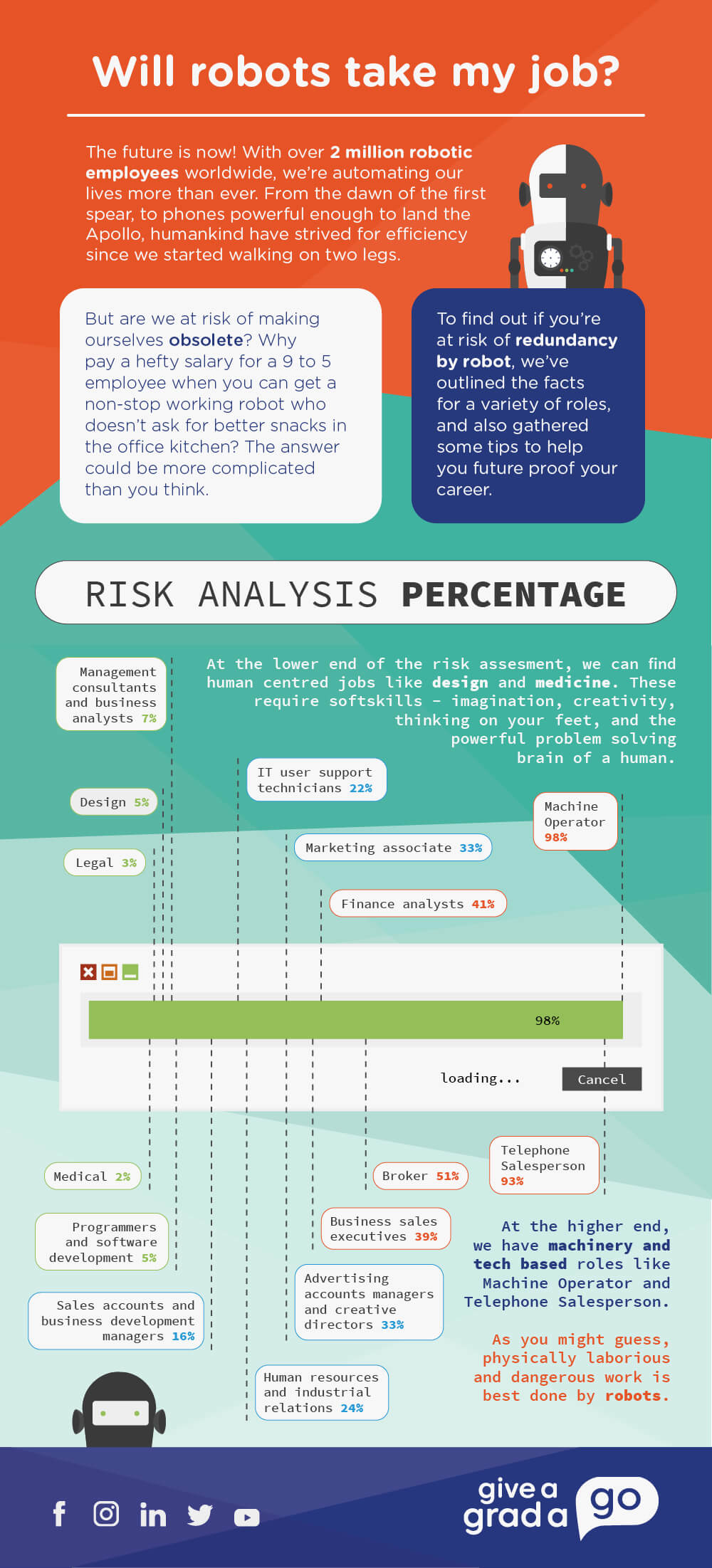For several decades, automation has been used to increase efficiency in business.
Now, with over 2 million robotic employees worldwide, we’re automating our personal and working lives more than ever.
The subject of robots in the workplace is a divisive one; people are split on whether robots are beneficial, or a clear sign that modern technology has gone too far.
In fact, some experts believe that robots will eliminate 800 million jobs by 2030.
These kind of statistics are worrying to many individuals and to businesses that operative in sectors such as manufacturing.
What are the benefits of robots in the workplace? And are there real disadvantages of robots in the workplace? Will robots take over the world eventually? Find out below.







